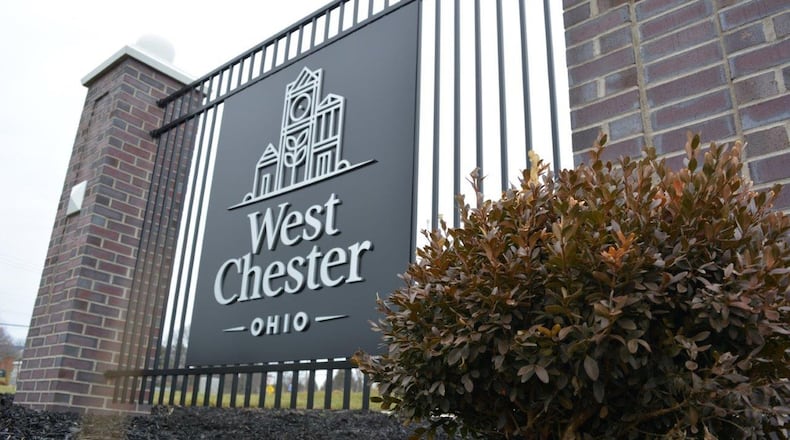“Most of us would agree by all accounts we are in a recession, we just haven’t felt the repercussions yet. By most accounts it’s going to get worse by far and impact a lot of people negatively,” Jones said. “We’re as healthy as any township in Ohio probably so I think we need to have a discussion as to what extent might we be able to provide property tax relief to property owners in West Chester.”
A tax rollback would not impact the township’s levies for police and fire services but would impact things like infrastructure work like roads. He said he knows their infrastructure maintenance is critical, but these are extraordinary times.
“I know it takes money away from administration but when you don’t have the money you can’t spend it,” Jones said. “But if there were to be a little hardship for us, it’s better that we bear that hardship rather than the property owners, it’s time.”
Jones does not have a vote on the board but trustees Ann Becker and Mark Welch said they are at least open to discussing the tax break.
“If we can raise taxes we can lower taxes,” Becker said after Jones made his suggestion.
She told the Journal-News they will discuss the proposed budget for 2023 in January “once we see those numbers and see what their projections are for tax revenue, we’ll see what it looks like and what sort of impact it would have on the budget and on the taxpayers.”
The trustees passed a $52 million expense budget this year, paid for with an estimated $49.5 million in revenues, about 80% comes from property taxes. They projected a carryover of $13.1 million in the general fund, roads and cemeteries and around $16 million each for police and fire.
Welch told the Journal-News he’ll keep an open mind but until he sees the actual numbers — their staff is crunching the numbers — he can’t commit to a tax break. He said the township is “pretty affluent” and if the break would only mean about a $200 savings for the taxpayer annually, but a loss of millions to the township coffers it might not be worth it.
“Then there’s some trading rules that are going on here, it may not be worth it to the township to do that,” Welch said. “To possibly put us in a bad financial position. You don’t want to do something knee-jerk because it sounds good and then have to go back and correct it a few years later because you have a shortfall.”
Trustee Lee Wong could not be reached for comment.
“We’ll need to look at what the legislative process is on that, how we actually have to do that, what are we permitted to do by law, I don’t know how much we can go back,” Township Administrator Larry Burks said. “It’s a big onion that you have to peel back.”
Butler County Board of Developmental Disabilities will be ending a roll back of $3.6 million of their tax collections after two years of the break. The rollback has amounted on average to $17.50 per $100,000 of property value annually.
With cash reserves at 149% of its annual budget, the DD board decided to give the tax cut in 2020 and extended it last year, after receiving a federal pandemic cash infusion and decreased service expenditures because of COVID-19. Now with expenses exceeding revenues and carryover diminishing they need to erase the tax relief.
The county commissioners haven’t officially discussed it yet, but it seems likely they will also end the $18.5 million tax rollback they instituted this year, a break that amounted to about $67 per $100,000 in valuation due to current uncertain economic conditions.
West Chester Twp. Finance Director Ken Keim told the Journal-News for the previous article taxpayers there will collectively pay around $4.7 million more next year if the commissioners collect their full millage again and “I had no expectation that they were going to do that for more than one year, in casual conversations with a couple of them they let it be known there should be no expectation for that to happen more than one year.”
County Auditor Roger Reynolds recently lost his two-year fight with the state tax commissioner over 2020 mandated property value hikes. West Chester is one of communities directly impacted by the 20% increase the state ordered. Property owners saw their values increase on average 13.5% two years ago but now the 20% average rate hike must be imposed and is likely retroactive.
Keim said their police and fire levies won’t produce more than the voters approved, but inside millage that fuels the general fund and revenues for roads and bridges would increase if the state prevailed.
Because the state won, they will collect an extra $367,000 combined for the 2021 and 2022 calendar years for those two funds. The total property taxes for those funds totaled $3.7 million in 2021.
About the Author

